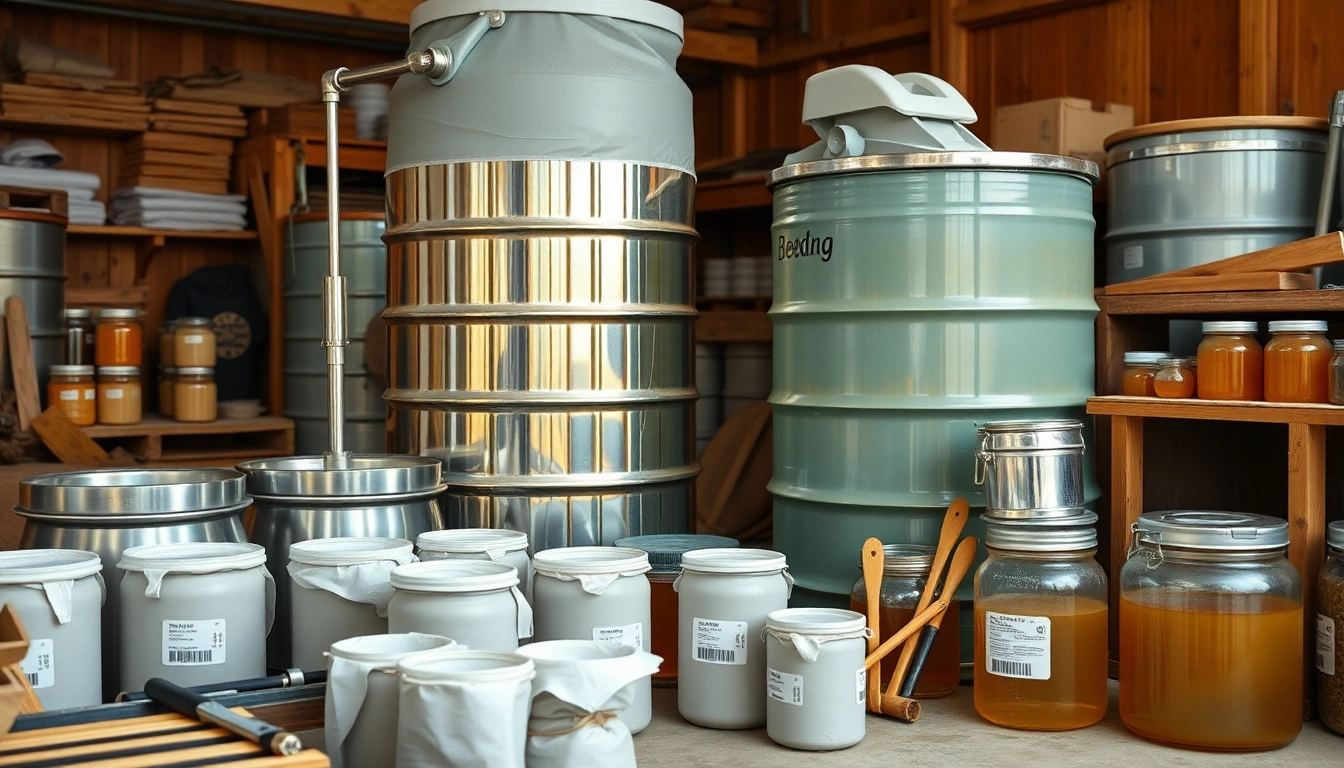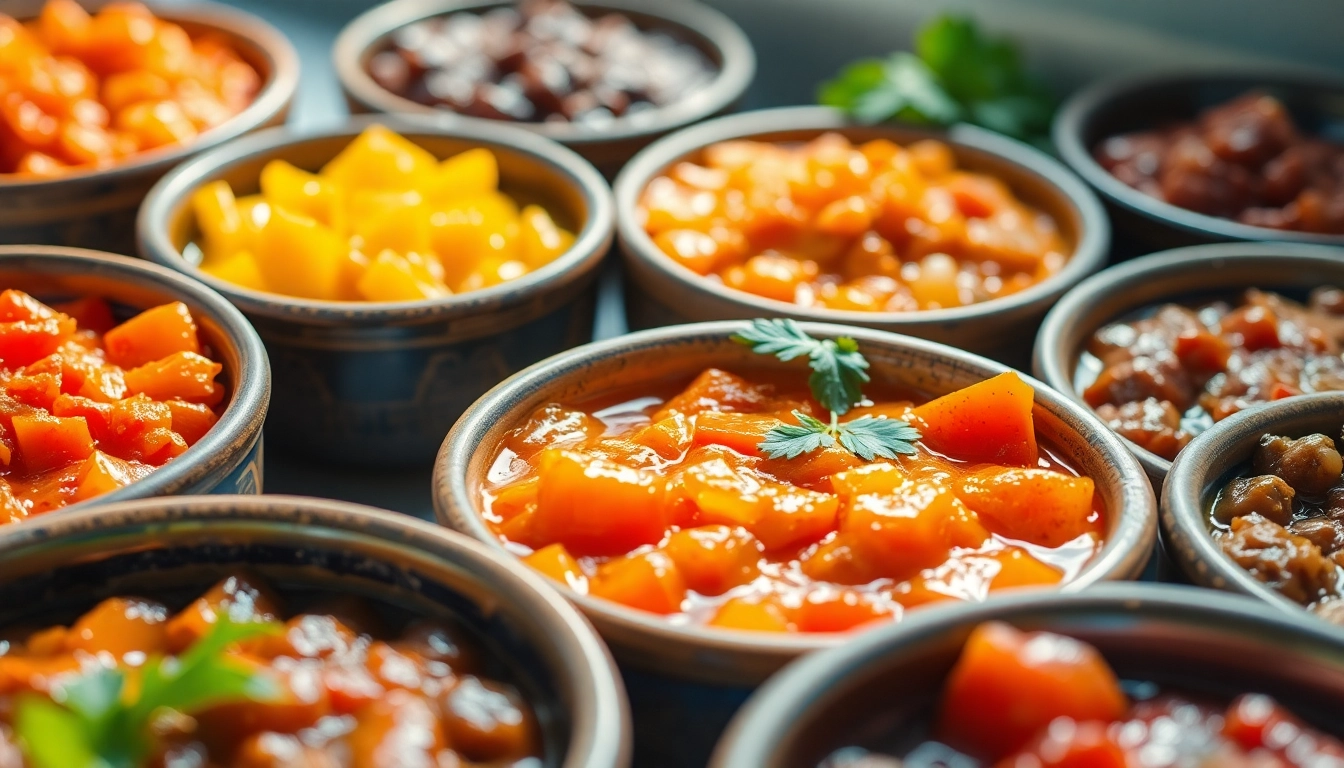Introduction to Materials and Machinery for Beekeeping Essential Equipment
Beekeeping, or apiculture, combines the art and science of managing bee colonies for honey production, pollination, and hive health. Success in this field hinges on the quality and appropriateness of the equipment and materials utilized. Investing in reliable, durable, and efficient material y maquinaria para apicultura not only enhances productivity but also ensures safety, compliance with health standards, and sustainability.
material y maquinaria para apicultura play a pivotal role in optimizing hive management, honey extraction, and overall apiary operation. From robust storage containers to specialized machinery, each component contributes to the efficiency and profitability of your beekeeping business.
The current market offers a wide array of equipment tailored to meet diverse needs, whether for small-scale hobbyists or large commercial apiaries. Proper selection grounded in research, technical specifications, and practical considerations ensures that beekeepers can maximize yields while maintaining hive health. This comprehensive guide delves into essential materials, innovative machinery, safety standards, and emerging trends to fortify your apicultural enterprise.
Equipment Critical for a Productive Hive
300kg Drums for Honey and Food Storage
Large capacity drums, such as those holding 300kg, are fundamental for efficient honey storage and the transportation of hive products. These drums are designed to preserve honey quality, prevent contamination, and facilitate bulk handling. Made of food-grade, inert materials, they ensure the product remains pristine during storage and transit.
Sustainable and Rust-Resistant Support with Inox Gutter System
One of the standout products in modern beekeeping is the support antigoteo inoxidable. Antioqueo support systems made from stainless steel promote hygiene, durability, and resistance to corrosion—a critical feature for apiaries exposed to moisture and hive debris. They prevent drips and spillage during honey extraction, reducing waste and operational hazards. Incorporating such support systems into your hive setup elevates safety standards and maintains product integrity.
Filtration and Draining Tools: Mesh Screens and Honey Cubes
Proper handling of honey requires meticulous filtration. Cedazos for sealing and draining in 300kg drums are essential. They allow honey to be filtered efficiently, removing impurities and wax residues. Additionally, cubo metálico para miel 25kg offers manageable portions for processing, storage, and packaging. These tools streamline workflows, enhance product quality, and help meet food safety regulations.
Optimizing Processes with Specialized Machinery
Honey Extractors and Cork Presses
Mechanical honey extractors, both manual and electric, significantly boost extraction efficiency. They minimize hive disturbance and reduce labor costs. Prensas para opérculos (cork presses) facilitate the removal of wax caps from honey frames, preparing them for extraction. Investing in durable, high-quality extractors ensures consistent results and longevity.
Transport Pumps and Honey Mixers for Efficiency
Honey bombas de trasiego enable the smooth transfer of honey between containers, reducing manual handling and contamination risks. Meanwhile, mezcladores de miel help homogenize honey batches, ensuring uniform consistency and quality—key in large-scale production. Regular maintenance and proper operation protocols extend machinery lifespan and safeguard product quality.
Guidelines for Machinery Durability and Performance
Selecting machinery with adequate certifications, compatible materials, and robust construction is paramount. Regular cleaning, lubrication, and calibration maintain performance levels. Training staff on proper operation and safety procedures minimizes downtime and operational hazards, ensuring sustained productivity.
Safety Norms and Compliance in Materials and Machinery
Certifications and Food-Grade Materials
All equipment involved in handling food products, especially honey, must meet stringent quality and safety standards. Certifications such as ISO and HACCP validate the quality assurance processes and material safety. For instance, pintura alimentaria-ud is designed for food contact, preventing contamination and ensuring consumer safety.
Best Practices in Handling and Storage
Proper handling procedures, clear labeling, and storage protocols are essential. Regular inspections for corrosion, wear, and cleanliness ensure compliance and prolong equipment life. Use of protective gear for operators and adherence to hygiene practices reduce contamination risks.
Protocols for Hygiene and Safety
Establishing protocols such as routine disinfection, contamination control, and personnel training maintains high safety standards. Adopting a safety-first culture minimizes accidents and ensures the integrity of hive products. Documentation and compliance audits assist in meeting legal and industry standards.
Innovations and Trends in Materials and Equipment for Beekeeping
Integration of Modern Technologies in Machinery
Today’s beekeeping industry is increasingly adopting automation and digital monitoring. Smart hive sensors, automated extractors, and remote surveillance tools help optimize hive health and productivity. Incorporating such technologies reduces manual labor and provides real-time insights into hive conditions.
Development of New, Sustainable Materials
Sustainable engineering advances are leading to the creation of more durable and eco-friendly materials, such as high-density plastics with inert properties and low environmental impact. These materials resist corrosion, withstand temperature fluctuations, and reduce the ecological footprint of apiary operations.
Adapting to Market Trends and Consumer Preferences
Market demands are shifting towards organic, unprocessed, and ethically produced honey. Using environmentally friendly equipment and sustainable materials aligns your business with market expectations. Additionally, transparency and compliance with food safety standards bolster consumer trust and brand loyalty.


